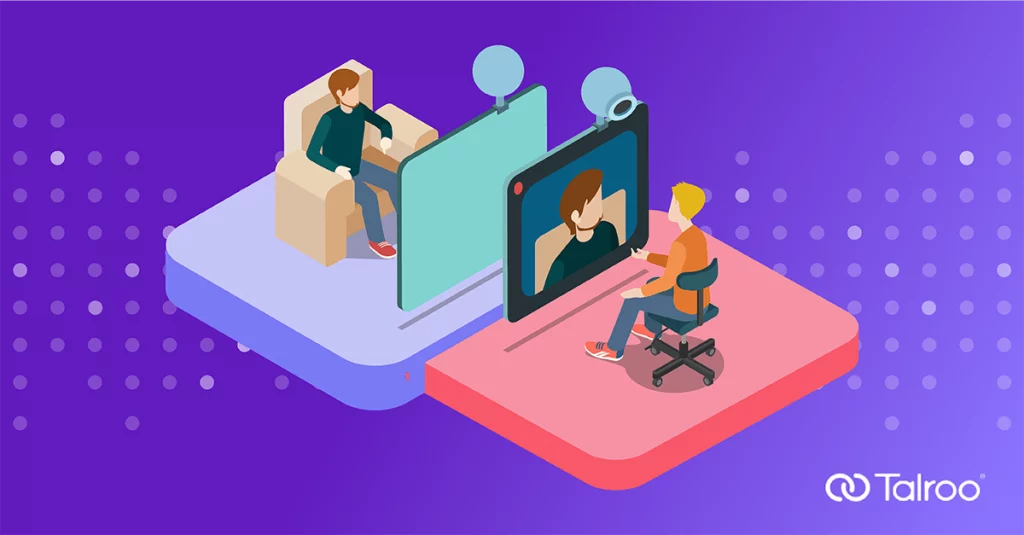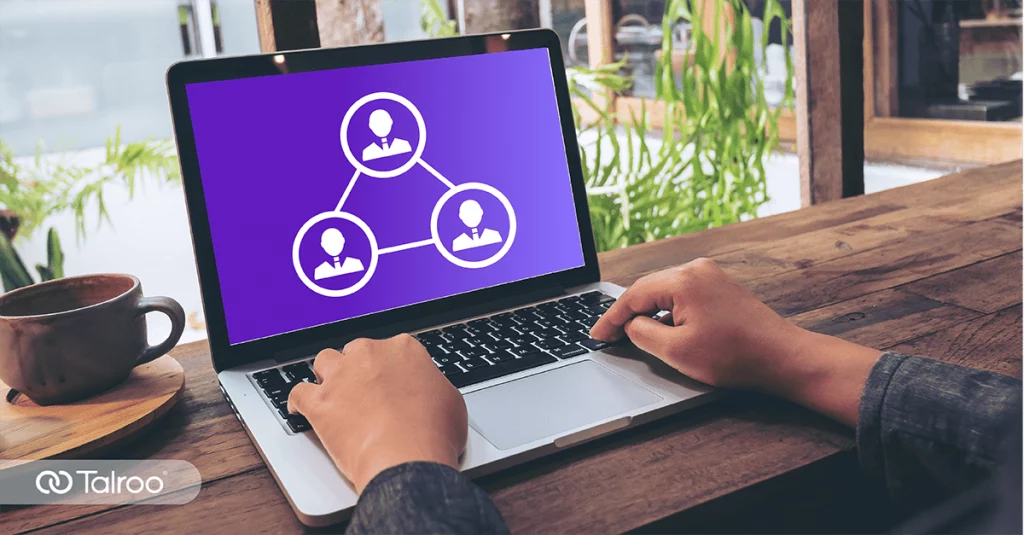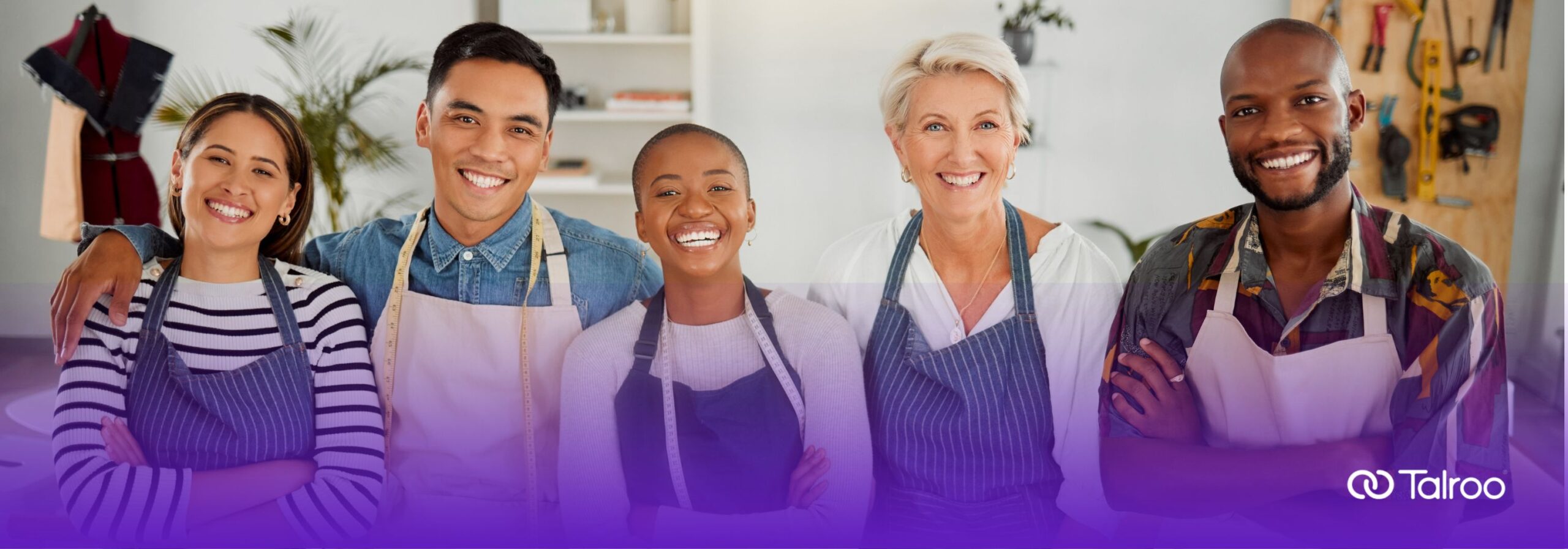
Although the recent global health crisis has hit our economy hard, and unemployment filings have reached record numbers, companies in the retail industry are struggling to hire at scale for essential positions. Due to the novel coronavirus, companies that provide essential products and services such as grocery and grocery delivery found themselves with more job openings than they have ever experienced. Large companies like Amazon, H-E-B and Publix have had to revamp their entire hiring process to hire quickly to serve customers during this period of stay at home orders and social distancing. Here, we’ll take a look at what we can learn from how these companies made changes to their hiring model.
What Makes Amazon’s Mass Recruiting Strategy So Successful
As one of the largest employers in the world, Amazon has had to make drastic changes to hiring. The online retailing giant added 100,000 workers in March of 2020 to assist with online deliveries across the U.S. as shoppers seeking to stay at home during the pandemic bought more online. In April, Amazon announced it had 75,000 new positions to fill, including warehouse, shopper and delivery jobs.
Walmart, Costco, H-E-B, Publix and CVS have all had to ramp up recruitment to meet a surging demand for essential supplies. Some have sped up hiring practices by offering virtual interviews and forgoing drug and background checks, reducing the need to pack people into big job fairs.
Walmart, which is hiring 150,000 people, compressed its hiring process from approximately two weeks to just 24 hours and is giving verbal offers by phone following online assessments.

Related article: Learn how to conduct video interviews at scale.
Video interviews are an excellent opportunity to take the candidate screening process online and have face time with more candidates, more efficiently.
The challenge for retailers is being able to hire quickly and effectively at scale, without putting recruiters, candidates, and the public at risk. Additionally, retailers hiring essential workers must be able to overcome a tide of negative press and quickly implement and promote safety precautions. For example, Amazon workers went on strike in April to protest working conditions at some of its warehouse locations. Publix received some bad press on being late to the game for social distancing and safety protocols at its stores. Retailers must be able to assure candidates of their safety and the measures they have taken to limit contact, such as contactless grocery delivery, store sanitation, safety and health checks.
How Large Retailers Are Keeping Up With Hiring Demand
There are several things in common among national retailers that have helped these companies hire workers during a global health crisis.
Established processes
Whether early or later in the game, retailers have put a focus on keeping employees and customers safe through safety precautions and established a process to monitor that these precautions are in place in every location.
Agile efforts
Large retailers have had to pivot quickly to meet unique customer demands for essential supplies. One example is Amazon’s legendary Prime Shipping: The company announced that priority would be placed on shipping essential goods and services in order to meet demand.
Digital recruiting
Online applications, video interviewing, online onboarding and other technology is being leveraged to enable fast, effective hiring. Recruiting with virtual hiring events has allowed retailers to quickly adapt and move in-person processes, like pre-employment testing and assessment, online. Pharmacy chain CVS is one example of a retailer that is recruiting through virtual job fairs, virtual interviews and virtual job tryouts.

Related article: Learn how to host great online hiring events.
High-volume hiring is challenging, especially when in-person events are put on hold due to health and safety concerns.
Scalable approaches
Retail recruiters have had to shift to channels and strategies that can scale, such as video interviewing, virtual onboarding and training, as well as candidate outreach using talent segmentation and targeting. When testing a new process, the first question to ask is “can we scale this?” If it isn’t scalable, it won’t help high volume hiring.
Fast-moving online job advertising efforts
These large retailers had digital recruiting systems in place and responsive recruiting teams that could scale their efforts using online advertising to promote jobs and target qualified candidates. While we don’t all have large-scale tools at our disposal, retailers of any size can use targeted online networks that reach candidates at scale.
It’s important that we, as HR professionals, understand that this global pandemic is likely to result in permanent changes across all industries, but specifically in how people shop. As grocery chains like Kroger shifted to online shopping and curbside pickup or delivery quickly during the first stages of the pandemic, we will see a continued demand for online fulfillment and essential workers that are trained in safety protocols on an ongoing basis. It could be 2021 before customers are comfortable enough to return to shopping in person on a regular basis, so our current model is likely to turn into a long-term one. Preparing our candidates as they become employees is the most efficient way to adapt to a new normal in retail.




